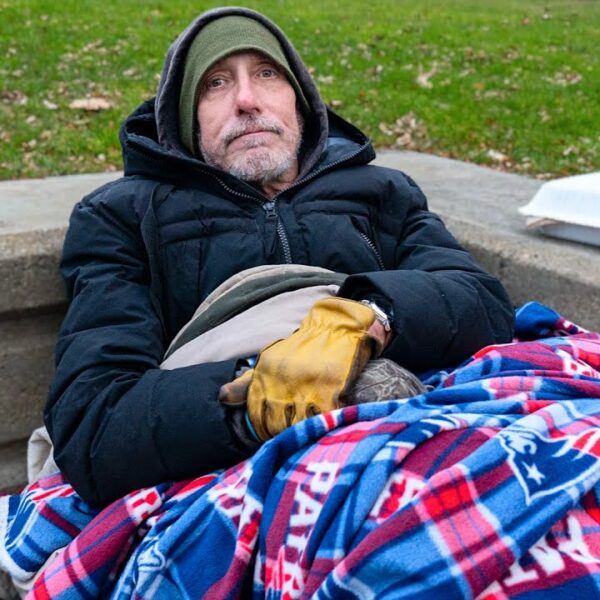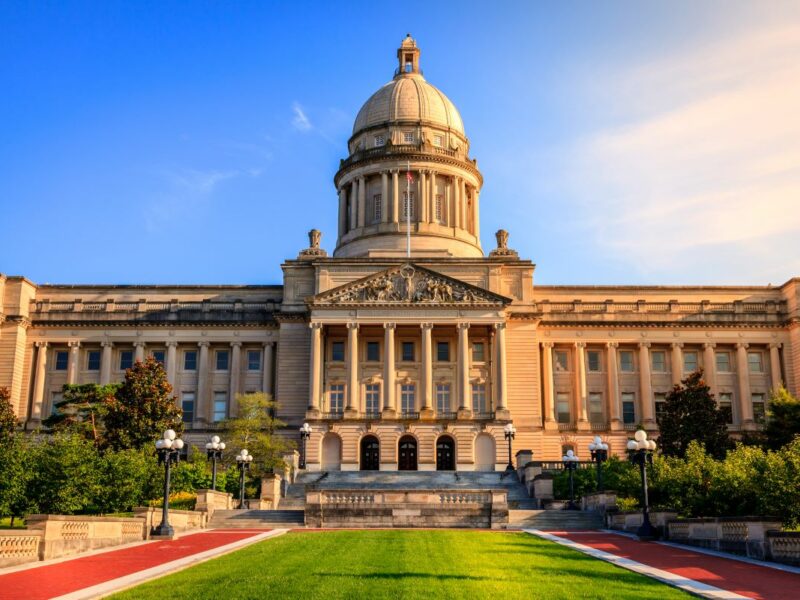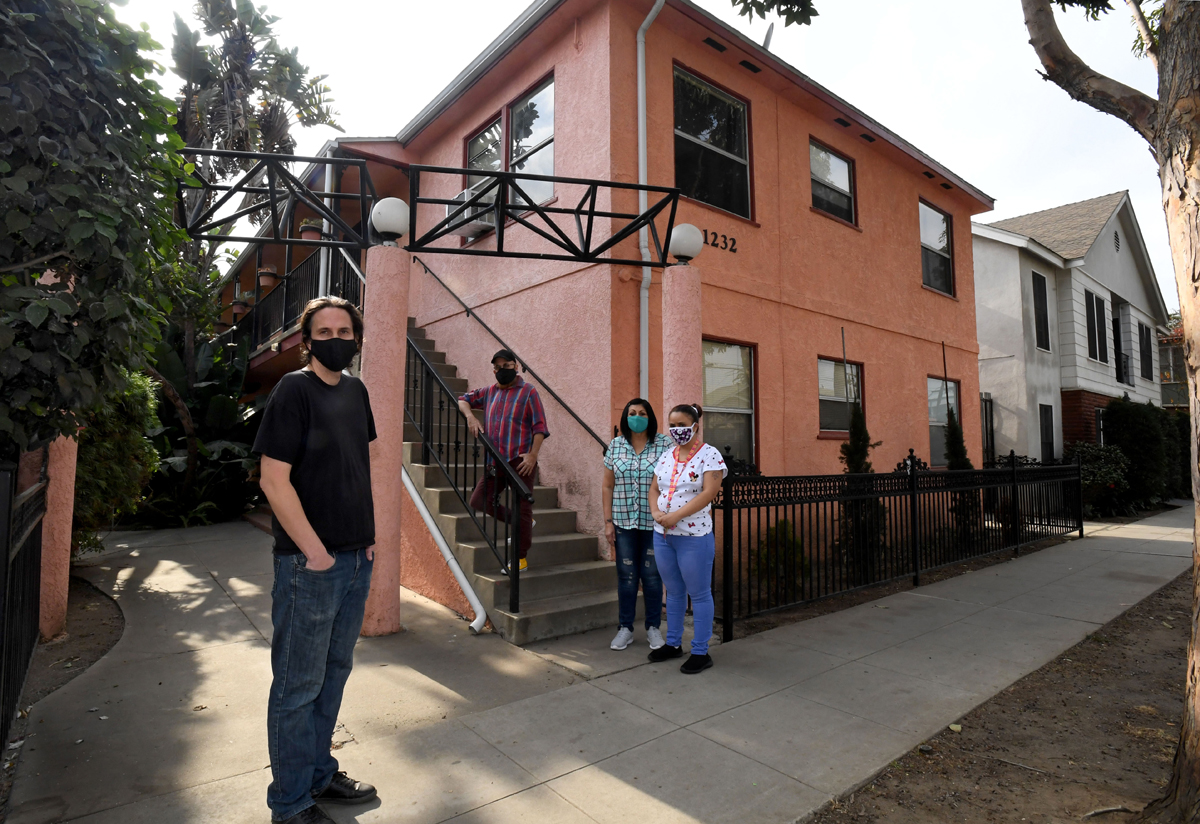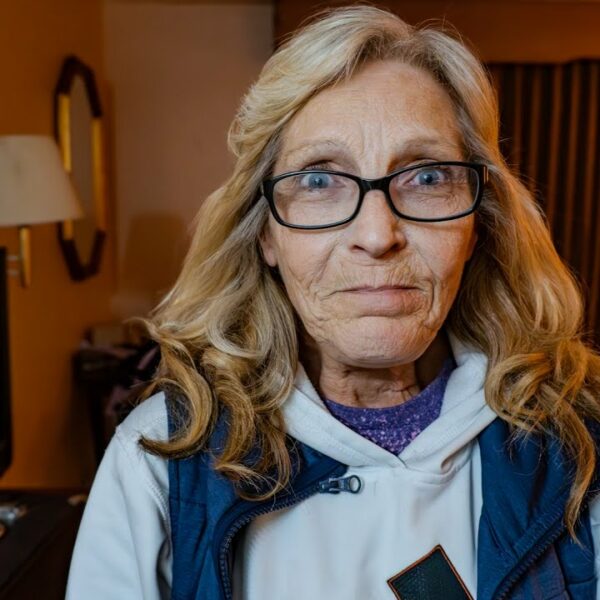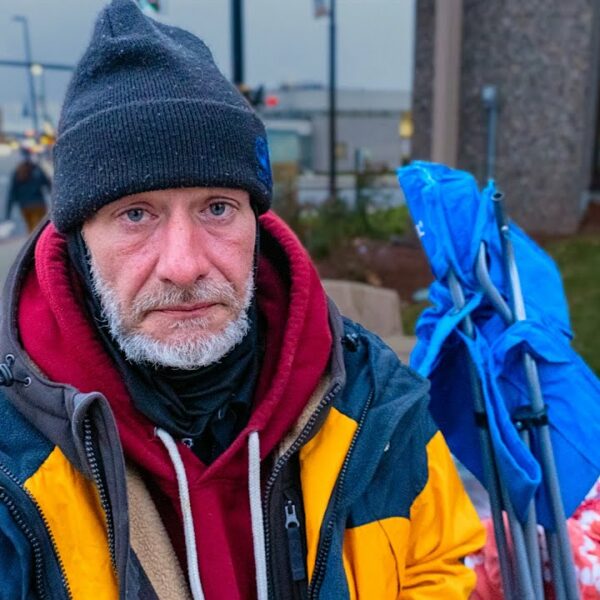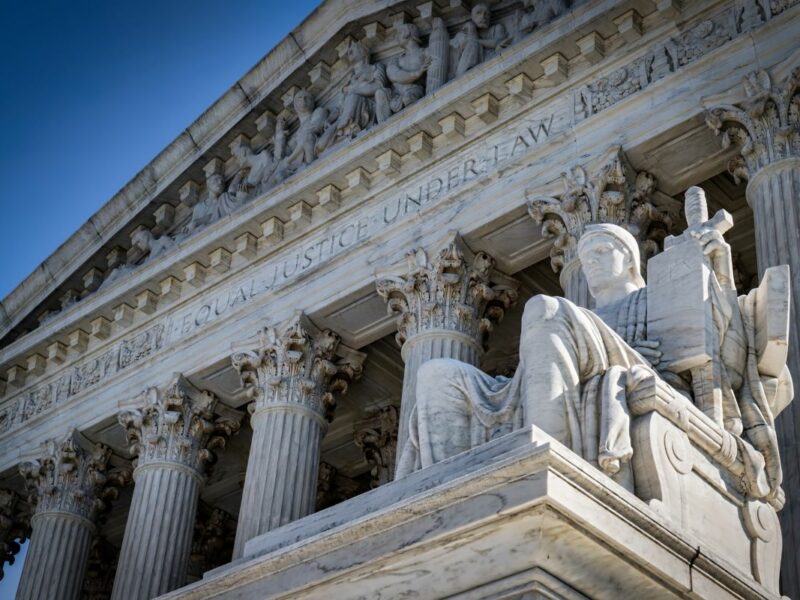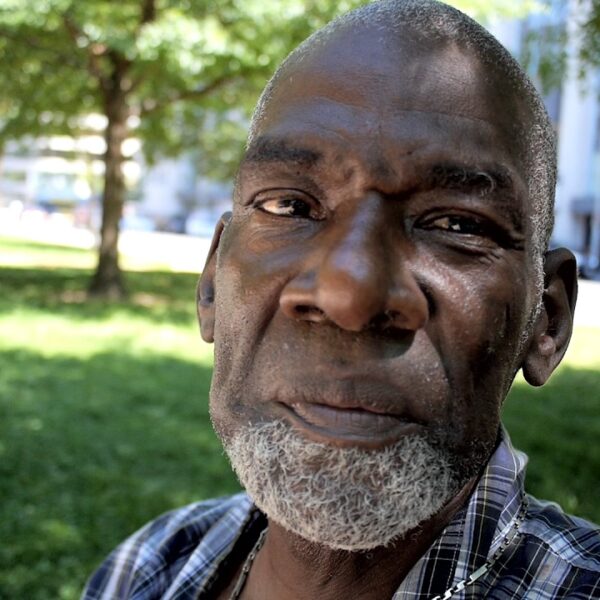Before the international pandemic, a lack of affordable housing was the leading cause of homelessness. Now, with millions of people unemployed and approximately 10 million tenants claiming their rent is lagging, that statistic could shift toward eviction, an equally detrimental enterprise.
Regarding homelessness prevention, the most recent federal aid package, titled the American Rescue Plan, is missing one vital piece of legislation – an extension on banning eviction.
What Is an Eviction Moratorium?
The Eviction Moratorium, a product of the CARES ACT, is a piece of legislation that effectively puts a freeze on legal eviction for most commercial landlords. Under these restrictions, most federal courts are refusing even to hear eviction trials.
Since it is illegal to remove a tenant from a property without a court order in most states, this federal policy has:
- saved lives
- decreased the spread of infections (COVID-19 and otherwise)
- prevented an onslaught of homelessness by way of eviction
The federally recognized legislation also makes it illegal for a landlord to shut off utilities, which usually serves as a precursor to eviction.
How Effective Has the Eviction Moratorium Been?
As it stands right now, the federal eviction moratorium has exhibited a moderate level of efficacy in preventing the following categories:
- Homelessness
- COVID-19 Cases
- COVID-19-related fatalities
A National Bureau of Economic Research paper titled “Housing Precarity & the COVID-19 Pandemic: Impacts of Utility Disconnection and Eviction Moratoria on Infections and Deaths Across US Counties” concludes that moratoriums:
- Reduced COVID-19 infection rates by approximately 3.8%
- Reduced COVID-19 death rates by approximately 11%
Furthermore, had been in place nationwide between March and November of 2020, it would have reduced infections by 14.2% and fatalities by about 40%.
This is statistically significant because the most recent ban on eviction is set to expire in a matter of days!
Reasons the Eviction Moratorium Needs to be Extended
The current state of our nation is as follows:
- Almost 10 million people are unemployed
- Nearly 10 million tenants are behind on their rental payments
- Close to 4 million tenants face the threat of eviction in the next two months
It’s no coincidence the number of tenants in default practically mirrors the number of unemployed US workers. The common denominator of the top three causes of homelessness is wealth inequality. We cannot be so naïve as to overlook the fact that renters and lower-wage workers have taken the brunt end of our latest economic disaster.
This wealth inequality is evident when we examine the current conditions under which big corporate landlords operate. They paint a picture of shared disparity during this international moment of hardship. However, the harsh reality is corporate landlords have amassed an astounding $24.4 billion in wealth as a result of the pandemic.
If the moratorium is not further extended, the following scenarios could take shape in the United States:
- 4 million more people could become homeless as a result of eviction
- The gap between rich and poor could deepen even still. This would create a system where corporate landlords have all of the bargaining chips. Homeless former renters would be at their mercy in terms of access to housing, lending, even education, and communal resources
- This sudden influx of homelessness could create another wave of rising COVID-19 infections, not to mention multiple other health emergencies that the homeless population is overwhelmingly at risk for
- Since eviction threatens families at alarming rates, children can and will pay the price for this generation’s failure to secure an adequate safety net that prevents homelessness for the most vulnerable members of our society
Reasons the Eviction Moratorium Needs to be Strengthened
If you wondered how corporate landlords could amass such an astronomical amount of riches despite the federal moratorium, the answer is quite simple:
Many landlords did not abide by it.
Studies released from the Eviction Lab Tracking System show that while the federal moratoriums have likely prevented approximately 1.6 million eviction filings, large corporate landlords have continued to file evictions by the tens of thousands.
Those numbers only account for legal eviction filings. A massive pool of evidence continues to show that global housing leaders have resorted to illegal tactics as well to squeeze American renters whose pandemic-riddled backs are already against the wall.
Blocking the early stages of the eviction process could strengthen the moratorium. It can also prevent bewildered renters from fleeing their homes before their cases even make it to court. However, the moratoriums will only serve people well if they are properly enforced.
Reasons the Eviction Moratorium Needs to be Strictly Enforced
A new study released in November of 2020 found that approximately 433,700 COVID-19 positive cases and 10,700 deaths from the novel Coronavirus were the direct results of landlords carrying out eviction during the pandemic.
Like anything else, a policy is only as good as its application. Confounded by the fact that corporate landlords were totally disregarding the federal moratorium and choosing to still kick tenants out, NPR proclaimed that “the CDC eviction ban isn’t really a ban”. Legal representatives concur, claiming it includes too many gray areas that create an imbalance of power in favor of landlords.
Eviction can create homelessness at any point in time. This can lead to severe physical and mental health disparities and a perpetuating cycle of desolate poverty.
Eviction during the pandemic is likely to worsen the international health crisis. Why? Because it makes it easier for infectious diseases to spread. This is why eviction during the pandemic is a violent crime and should be prosecuted as such.
So, why do courts continue to side with big real estate? If there were harsh punishments for breaking the moratorium, this could prevent infections, death, and the worsening homeless crisis.
Reasons the Eviction Moratorium Needs to be Paired with Rent Relief
Some media has painted a portrait of small residential landlords struggling to pay their mortgages because their tenants haven’t paid their rent. This picture is not representative of the typical situation. However, it still needs to be addressed.
The eviction moratoriums were never meant to stand alone and leave landlords of any size without income. They are designed to work in conjunction with rent relief. There are currently tens of billions of dollars available to landlords whose tenants are delinquent on rental payments. Ironically, a significant hurdle of rent relief distribution is the landlord’s unwillingness to cooperate. They refuse to file the proper paperwork to receive this funding.
The time to extend the eviction moratorium is closing in. Advocates must act immediately to prevent 4 million or more possible evictions from happening in the coming months. Contact your local legislative reps and urge them to extend, strengthen, and strictly enforce the ban.



